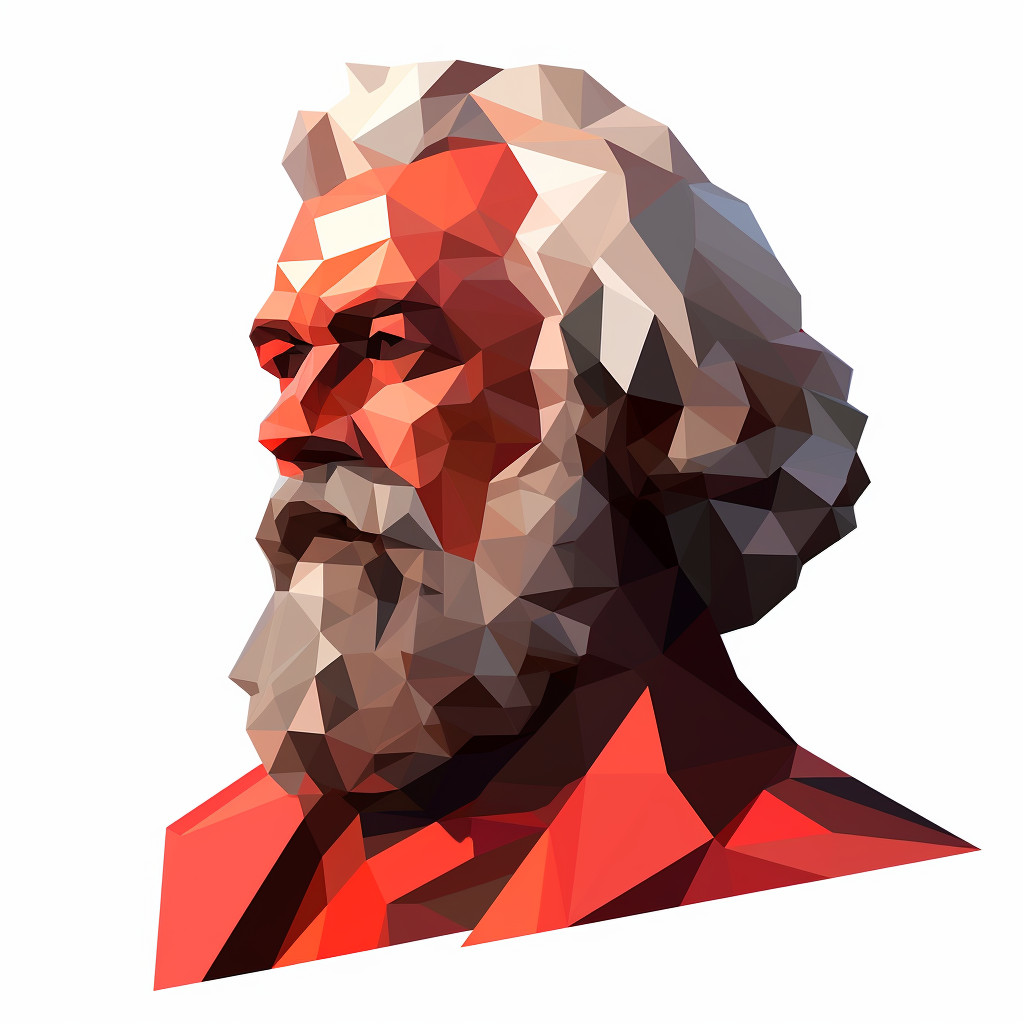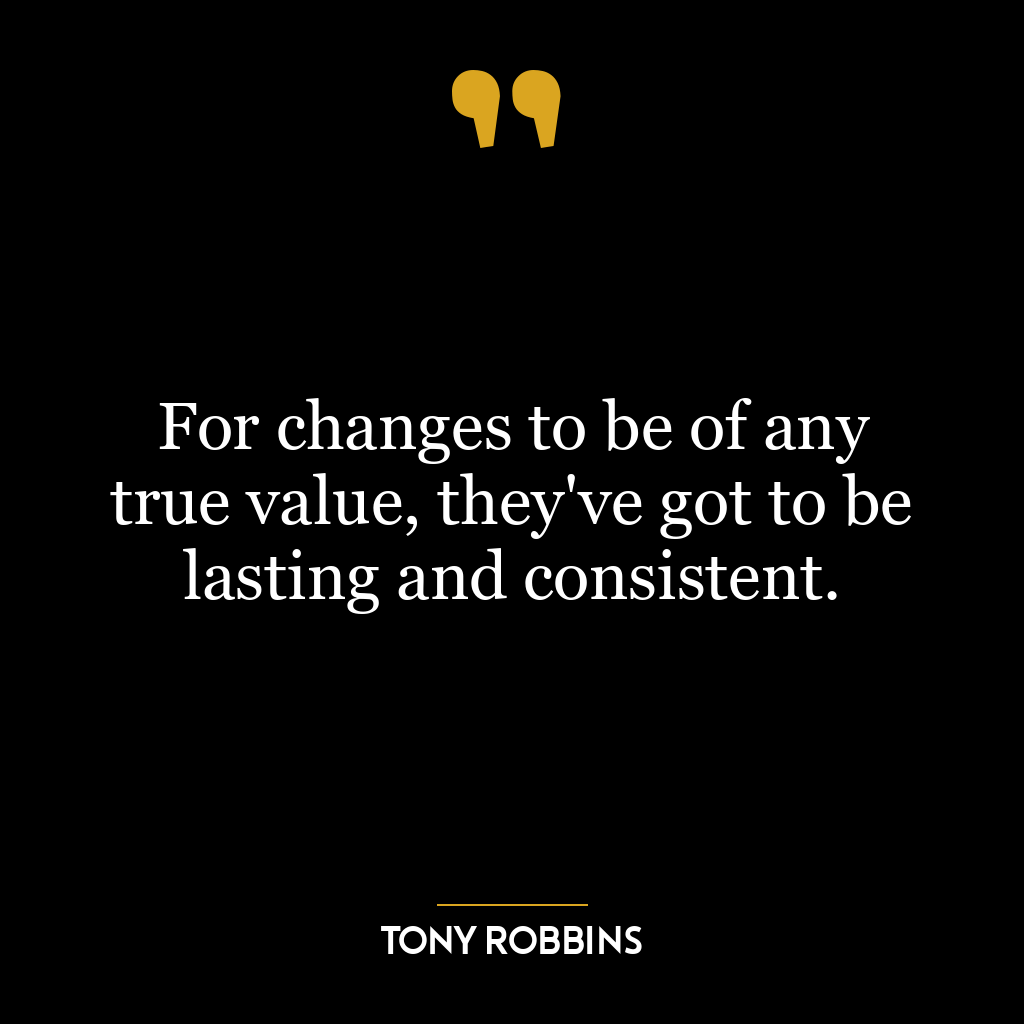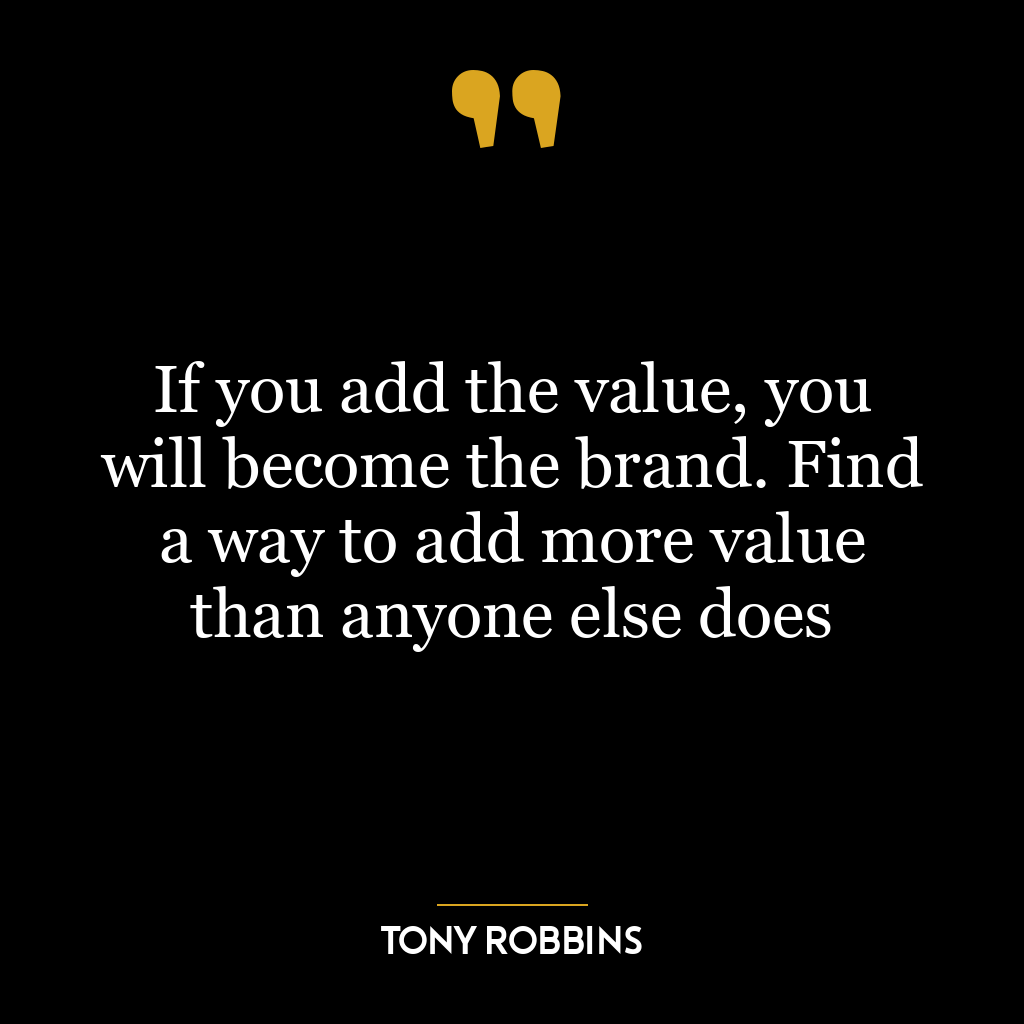“Nothing can have value without being an object of utility” is a fundamental concept that suggests that the worth of an object or a concept is directly tied to its usefulness or practicality. In other words, something is valuable only if it serves a purpose or function. This is true for tangible objects (like a car or a house) as well as intangible ones (like knowledge or skills).
This idea can be applied to various aspects of modern life, including economic systems, business strategies, and personal development. In economics, for instance, the value of a product in the market is often determined by its utility to consumers. A product that satisfies a significant need or desire will generally have a higher value than a product that does not.
In the context of business strategies, companies often strive to enhance the utility of their products or services in order to increase their value to customers. This could involve improving the functionality of a product, offering better customer service, or providing a more seamless user experience.
In terms of personal development, this quote suggests that in order to be valuable or successful, one must possess skills, knowledge, or attributes that are useful in some way. This could involve acquiring technical skills for a particular job, developing effective communication abilities, or cultivating personal traits like resilience and adaptability. The more useful these skills or attributes are in a given context, the more value they hold.
However, it’s important to remember that the concept of utility is subjective and can vary from person to person. What one person finds useful, another might not. Therefore, it’s crucial to understand the needs and desires of the relevant audience (whether it’s a market of consumers, an employer, or oneself) in order to accurately assess value.









